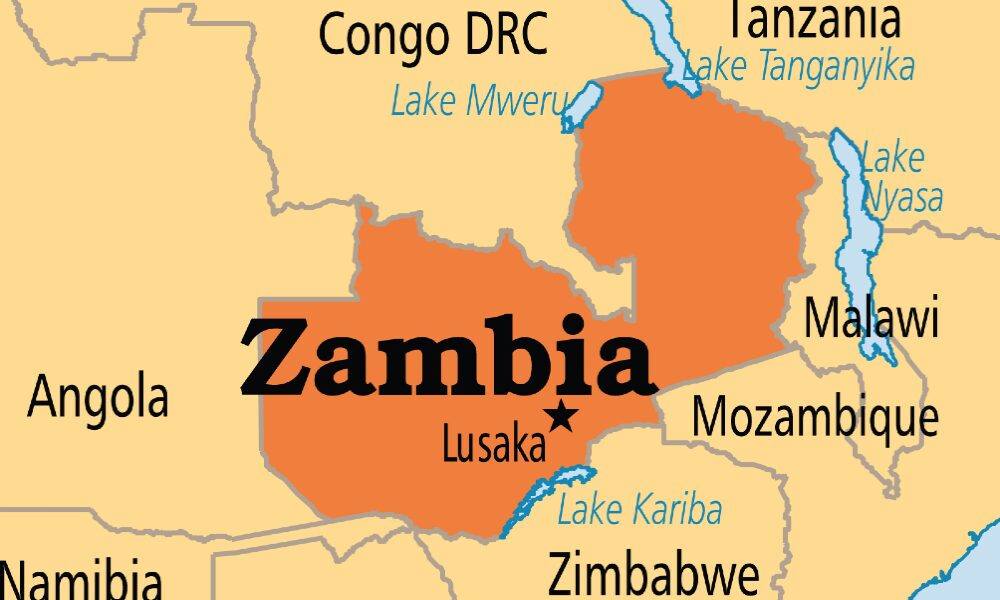
Thursday 15th May 2025

By inAfrika Reporter
A team of eight senior executives from the Development Bank of Nigeria recently spent five days at the African Development Bank’s headquarters in Abidjan, Côte d’Ivoire, immersing themselves in strategies for weaving climate and sustainability principles into financial operations. Hosted jointly by the Climate Change and Green Growth Department and the Financial Sector Development Department, the visit formed part of a broader initiative to strengthen the capacity of African development institutions in managing environmental risks and unlocking green investment opportunities.
Through the African Financial Alliance on Climate Change, the African Development Bank offers technical assistance to financial institutions across the continent, guiding them in assessing climate-related risks and channeling funds toward sustainable projects. This peer‑learning approach enables national banks to adapt best practices rapidly, tapping into the continent’s vast natural resources and renewable energy potential while safeguarding economies from the escalating costs of climate impacts.
Africa faces mounting losses from extreme weather events, with projections indicating annual losses could reach fifty billion dollars by 2030—nearly fifteen percent of the continent’s GDP. Public development banks play a critical role in this context by de‑risking innovative ventures and directing capital toward priority sectors that foster resilient growth. The Nigerian delegation’s engagement at the African Development Bank underscored the importance of equipping national institutions with the tools to design and finance green projects, from clean energy generation to climate‑smart agriculture.
Batchi Baldeh, a board member of the Development Bank of Nigeria and Director of Power Systems Development, highlighted how targeted investments can spur youth employment and nurture sustainable development. He noted that translating technical knowledge into action requires both institutional commitment and access to concessional financing from global climate funds. Dr. Anthony Nyong, leading the Climate Change and Green Growth Department, echoed this view by emphasizing the African Development Bank’s ten‑year strategy as a roadmap for deepening partnerships and broadening access to funding streams such as the Green Climate Fund.
During detailed workshops, the two banks exchanged approaches for integrating environmental and social safeguards into lending criteria and for measuring the long‑term impacts of green investments. Executives from Nigeria explored risk assessment models that factor in carbon footprints and climate resilience, learning how to adjust loan portfolios to favor projects that deliver measurable environmental benefits. Conversely, the African Development Bank drew on Nigeria’s experience in supporting small and medium‑sized enterprises to enrich its own toolkit for fostering inclusive growth.
Ahmed Attout, Director of Financial Sector Development, expressed confidence that the Development Bank of Nigeria would become an even more effective partner in expanding access to finance for women, youth, and underserved communities. He pointed out that bolstering local capacities through hands‑on collaboration amplifies the impact of flagship programs aimed at economic inclusion. Jeremiah Dan‑Okayi, Head of Strategy and Policy at the Development Bank of Nigeria, described the visit as perfectly timed, aligning with his institution’s rollout of a green finance strategy designed to mobilize domestic capital for sustainable investments.
Beyond technical sessions, the visit forged personal connections among senior leaders, laying the groundwork for future joint initiatives. Discussions ranged from co‑developing green bond frameworks to creating shared platforms for monitoring the social and environmental outcomes of financed projects. These conversations will inform a follow‑up action plan, ensuring that lessons learned in Abidjan translate into tangible policy reforms and financing instruments back in Nigeria.
As extreme weather events intensify and global climate commitments tighten, development banks must adapt swiftly. The dialogue between the Development Bank of Nigeria and the African Development Bank illustrates how continental cooperation can accelerate this adaptation, equipping institutions to protect economies against shocks while building new growth sectors. By pooling expertise, refining risk‑management approaches, and democratizing access to green capital, these banks are laying the groundwork for a more resilient and inclusive African financial system.


